- Home›
- Healthy Living›
- 7 Foods To Avoid In Last Trimester Of Pregnancy
7 Foods To Avoid In Last Trimester Of Pregnancy
By: Priyanka Maheshwari Thu, 01 June 2023 4:23:07

During the last trimester of pregnancy, which typically begins around the 28th week and lasts until delivery, there are significant changes and developments that occur in both the mother's body and the baby's growth. At this stage, the baby undergoes rapid weight gain and organ maturation, while the mother may experience various physical and emotional changes as she prepares for childbirth. It's a crucial period for monitoring the baby's growth, preparing for labor and delivery, and making necessary preparations for the arrival of the newborn.
During the last trimester of pregnancy, it's important to be mindful of certain foods that may pose a higher risk of foodborne illnesses or have other potential concerns. Here are some common foods to avoid or consume with caution:
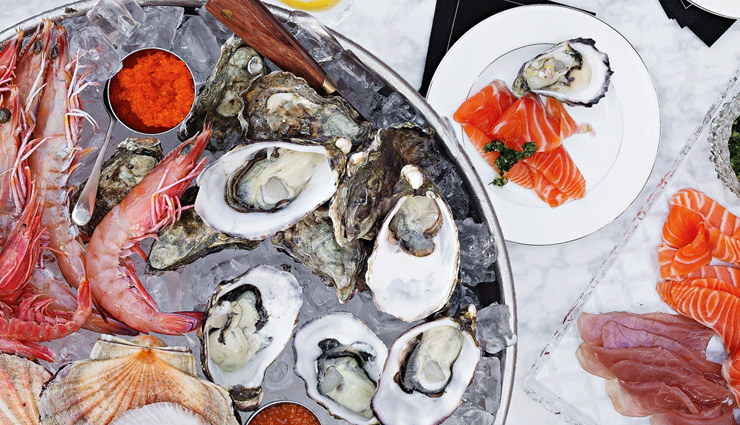
# Raw or undercooked seafood
Raw, uncooked seafood is not recommended during the last trimester of pregnancy due to several reasons:
Bacterial and viral contamination: Raw seafood, such as sushi, sashimi, and raw oysters, can harbor harmful bacteria and viruses, including Salmonella, Listeria, and Vibrio. These pathogens can cause foodborne illnesses, which can be particularly risky for pregnant women and their developing babies.
Increased susceptibility to infections: During pregnancy, a woman's immune system undergoes changes, making her more susceptible to infections. Consuming raw seafood increases the risk of bacterial or viral infections, which can lead to complications such as preterm labor, miscarriage, or severe illness for both the mother and the baby.
Mercury content: Some types of raw seafood, such as certain species of fish and shellfish, may contain high levels of mercury. Mercury is a toxic metal that can accumulate in the body over time, potentially harming the baby's developing nervous system.
Parasitic infections: Raw or undercooked seafood may contain parasites, such as Toxoplasma or Anisakis, which can pose a risk to pregnant women. These parasites can lead to severe health issues, including birth defects, miscarriage, or stillbirth.

# Raw or undercooked eggs
Raw or undercooked eggs are not recommended during the last trimester of pregnancy due to the following reasons:
Salmonella risk: Raw or undercooked eggs can be contaminated with Salmonella bacteria. Salmonella infection during pregnancy can lead to serious complications, such as dehydration, premature labor, and even fetal infections. The risk of contracting Salmonella is higher in raw or undercooked eggs than in cooked eggs.
Weakened immune system: During pregnancy, the immune system undergoes changes, making pregnant women more susceptible to infections. Consuming raw or undercooked eggs increases the risk of Salmonella infection, which can be more severe during pregnancy due to the weakened immune response.
Protection of the baby: Protecting the developing baby from potential foodborne illnesses is crucial during pregnancy. The baby's immune system is not fully developed, making them more vulnerable to infections. By avoiding raw or undercooked eggs, the risk of bacterial contamination and subsequent infection is minimized.
Other food safety concerns: Raw or undercooked eggs are also associated with the risk of other foodborne pathogens, such as E. coli and Listeria. These pathogens can cause severe illnesses and pose a higher risk to pregnant women and their unborn babies.
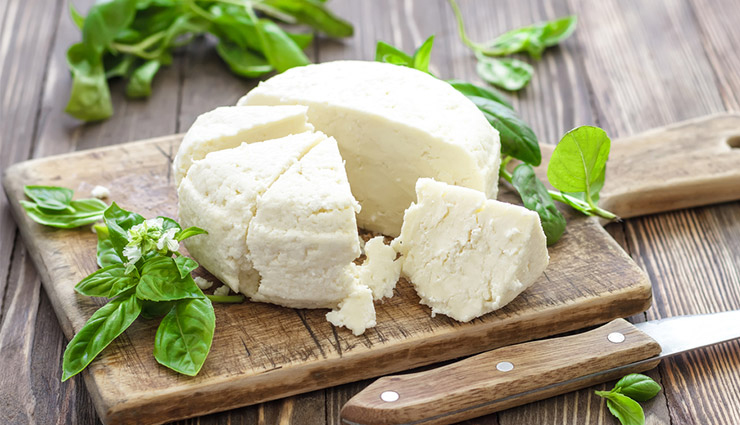
# Soft cheeses
Soft cheeses are not recommended during the last trimester of pregnancy due to the following reasons:
Listeria risk: Soft cheeses, such as Brie, Camembert, feta, blue cheese, and queso fresco, may be made from unpasteurized milk. Unpasteurized cheeses have a higher risk of being contaminated with Listeria monocytogenes, a bacterium that can cause listeriosis. Listeriosis is a serious foodborne illness that can lead to miscarriage, stillbirth, preterm labor, or severe illness in newborns.
Weakened immune system: Pregnancy can weaken the immune system, making pregnant women more susceptible to infections. Listeria infection can be particularly harmful during pregnancy because it can cross the placenta and affect the baby. The last trimester is a crucial time for the baby's growth and development, and exposure to Listeria can have severe consequences.
Maternal health risks: Listeriosis can also pose health risks to the mother, including fever, flu-like symptoms, and potential complications such as meningitis. Protecting the health of both the mother and the baby is essential during pregnancy.
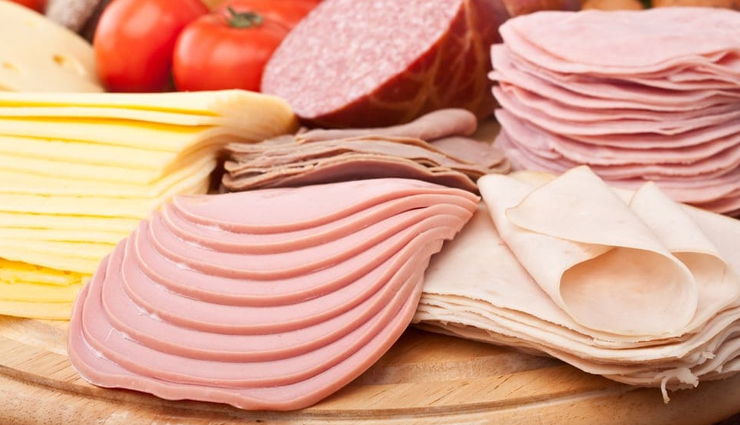
# Deli meats and processed meats
Deli meats and processed meats are not recommended during the last trimester of pregnancy due to the following reasons:
Listeria risk: Deli meats and processed meats have been associated with a higher risk of Listeria monocytogenes contamination. Listeria infection during pregnancy can lead to serious complications, including miscarriage, stillbirth, preterm labor, or severe illness in newborns.
Uncooked or undercooked consumption: Deli meats are often consumed without further cooking, such as in sandwiches or salads. If the meat is contaminated with Listeria, consuming it without proper heating or cooking can increase the risk of infection.
Food handling and storage: Deli meats, particularly those sliced and displayed in deli counters, may be exposed to cross-contamination or improper storage conditions, further increasing the risk of bacterial growth and Listeria contamination.
Sodium and additives: Processed meats, including deli meats, often contain high levels of sodium, preservatives, and additives. Excessive sodium intake during pregnancy can contribute to fluid retention and increased blood pressure.
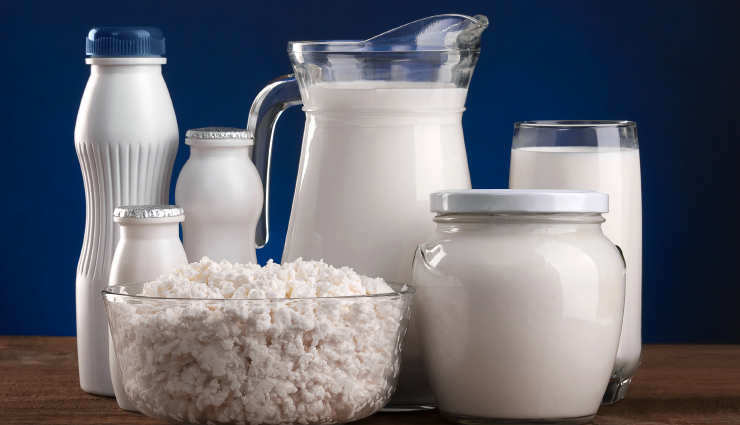
# Unpasteurized dairy products
Unpasteurized dairy products are not recommended during the last trimester of pregnancy due to the following reasons:
Listeria risk: Unpasteurized dairy products, including milk, cheese, and yogurt, have a higher risk of being contaminated with Listeria monocytogenes, a bacterium that can cause listeriosis. Listeriosis is a serious foodborne illness that can lead to miscarriage, stillbirth, preterm labor, or severe illness in newborns.
Weakened immune system: Pregnancy can weaken the immune system, making pregnant women more susceptible to infections. Listeria infection can be particularly harmful during pregnancy because it can cross the placenta and affect the baby. The last trimester is a crucial time for the baby's growth and development, and exposure to Listeria can have severe consequences.
Raw milk concerns: Unpasteurized dairy products, such as raw milk or cheese made from raw milk, may also contain other harmful bacteria, such as Salmonella or E. coli. These bacteria can cause foodborne illnesses that can be detrimental to both the mother and the baby.
Nutritional concerns: Pasteurization is a process that heats milk and dairy products to kill harmful bacteria without significantly impacting their nutritional value. By avoiding unpasteurized dairy products, pregnant women can ensure they receive the necessary nutrients from dairy while minimizing the risk of foodborne illnesses.
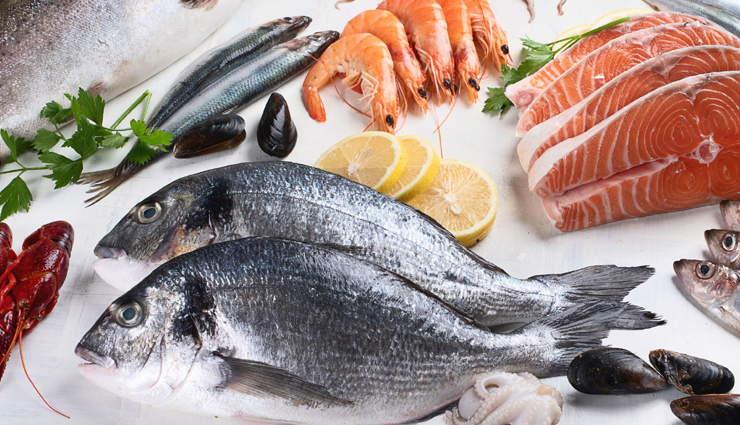
# High-mercury fish
High-mercury fish is not recommended during the last trimester of pregnancy due to the following reasons:
Mercury toxicity: High-mercury fish, such as shark, swordfish, king mackerel, and tilefish, contain high levels of mercury. Mercury is a toxic metal that can have harmful effects on the nervous system of developing babies. Exposure to high levels of mercury during pregnancy can lead to developmental delays, cognitive impairments, and neurological problems in the baby.
Maternal health risks: Consuming high-mercury fish during pregnancy can also pose health risks to the mother. High levels of mercury can affect the mother's nervous system, leading to symptoms such as memory problems, difficulty concentrating, and muscle weakness.
Fetal vulnerability: During the last trimester, the baby's brain and nervous system continue to develop rapidly. Exposure to high levels of mercury during this critical period can interfere with the baby's neurological development.

# Caffeine in excess
Consuming excessive amounts of caffeine during the last trimester of pregnancy is not recommended due to the following reasons:
Increased risk of preterm birth: High caffeine intake has been associated with an increased risk of preterm birth. Preterm birth can lead to various complications for the baby, including respiratory problems, developmental issues, and low birth weight.
Impact on fetal growth: Excessive caffeine consumption has been linked to restricted fetal growth. It may interfere with the baby's nutrient absorption and reduce blood flow to the placenta, potentially affecting the baby's overall growth and development.
Interference with sleep: Consuming excessive caffeine, especially later in the day, can interfere with sleep patterns. Adequate rest and quality sleep are crucial during the last trimester for both the mother's well-being and the baby's development.
Increased heart rate and blood pressure: Caffeine is a stimulant that can temporarily increase heart rate and blood pressure. Excessive caffeine consumption can put additional stress on the cardiovascular system of the mother and potentially affect the baby's circulation.
Remember, it's always a good idea to consult with your healthcare provider for personalized advice on your dietary needs during pregnancy.





